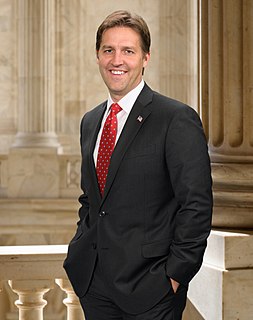A Quote by Bob Beckel
Academic freedom and free speech mean the right to consider ideas with which you might disagree.
Related Quotes
There's actually a wonderful quote from Stanley Fish, who is sometimes very polemical and with whom I don't always agree. He writes, "Freedom of speech is not an academic value. Accuracy of speech is an academic value; completeness of speech is an academic value; relevance of speech is an academic value. Each of these is directly related to the goal of academic inquiry: getting a matter of fact right."
Truth affirms freedom of speech. Putin is no friend of reli - freedom of speech. Putin is an enemy of freedom of religion. The U.S. celebrates freedom of religion. Putin is an enemy of the free press. The U.S. celebrates free press. Putin is an enemy of political dissent. The U.S. celebrates political dissent and the right for people to argue free from violence about places or ideas that are in conflict.
I believe there is a limit beyond which free speech cannot go, but it's a limit that's very seldom mentioned. It's the point where free speech begins to collide with the right to privacy. I don't think there are any other conditions to free speech. I've got a right to say and believe anything I please, but I haven't got a right to press it on anybody else. .... Nobody's got a right to be a nuisance to his neighbors.

































